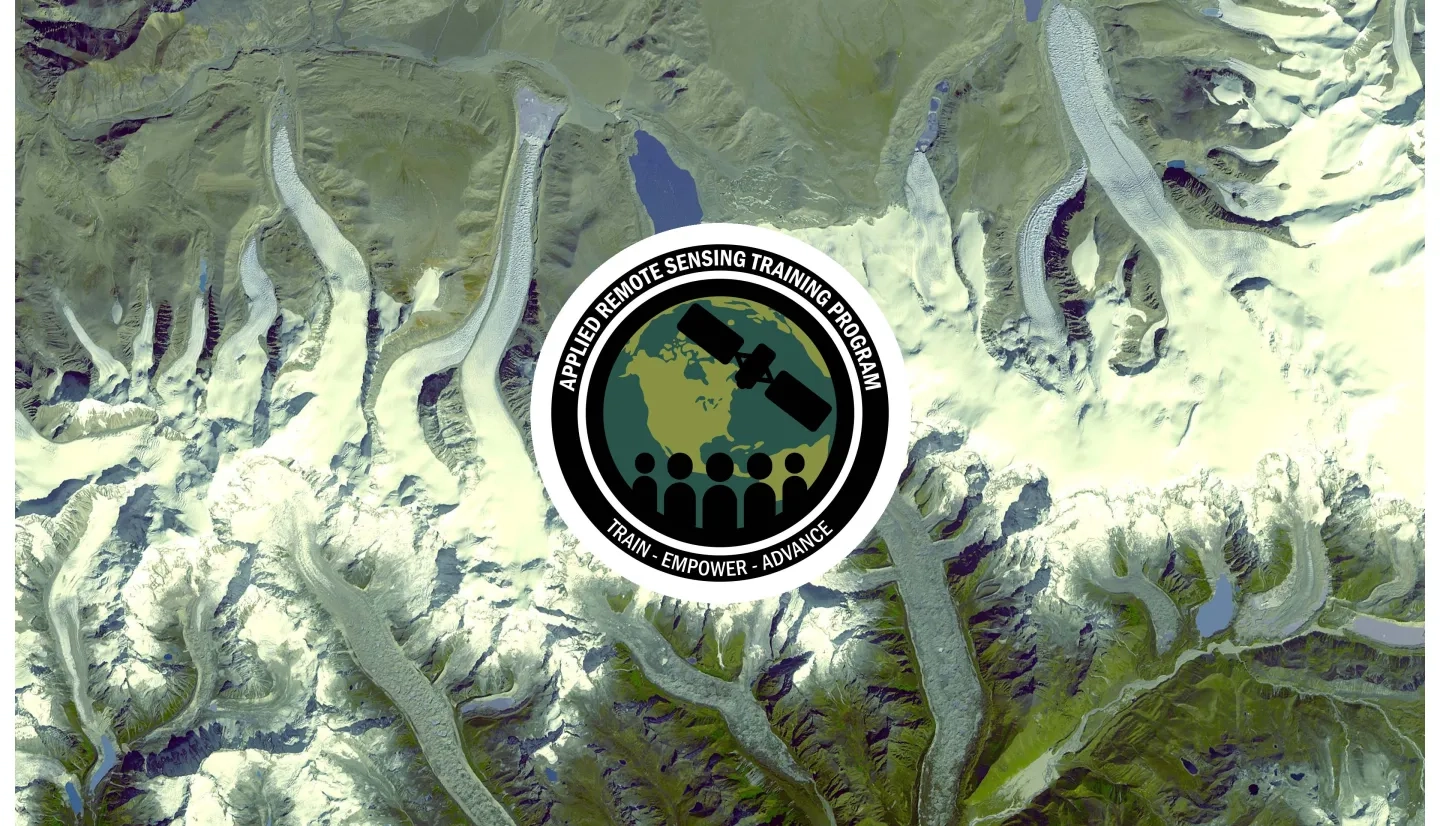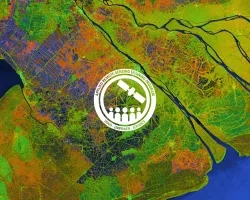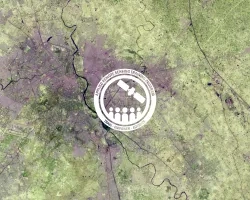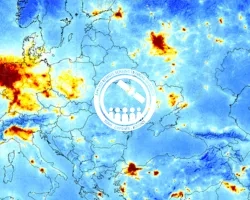Description
This in-person training is in collaboration with Druk Holdings and Investments (Bhutan). It will cover data acquisition of satellite and modeled data; methodologies on how to generate land-, water-, and disaster-related products from satellite data; and accessing relevant existing products for assessing land use change, natural resource management, and climate mitigation. This training will be tailored to case studies in Bhutan with the goal of improving capacity to use remote sensing data to better manage natural resources, improve land use planning, and monitor disasters experienced in the Kingdom of Bhutan.
Please register for a Google Earth Engine account before attending this training.
- Fill out the form with your email, full name, affiliation, etc. and click submit.
- You can use your university/organization email or your Gmail for signing up.
- It usually takes 1-2 days for approval.
Please create a NASA EarthData login account.
- Remote sensing scientists, practitioners, and geospatial analysts from public, private, and civil society organizations to use remote sensing for improved natural resources management.
- Foresters, agronomists, data scientists, and land use planners to access, interpret, and apply remote sensing data.
- Any practitioners of remote sensing data.
- Four-day, in-person workshop
Session I: Introduction and Overview of Earth Observations and Earth System Models
- Training Outline and Expectations
- Fundamentals of Remote Sensing
- Overview of Data Products from Earth Observations and Earth System Models for Environmental Monitoring
Session II: Climate Change Projections and Risk Assessment
- Introduction and Background to Climate Change Projections and Analysis (Anomalies & Trends)
- Introduction to Google Earth Engine (GEE)
- Assessing Regional Climate Change & Impacts in Bhutan
Presentation Slides:
Session III: Disasters – Floods, Landslides
- Assessing Landslide Hazard Probability
- Extreme Weather and Flood Monitoring
- Surface Inundation Monitoring
Session III: Disasters – Fires
- Pre-Fire Risk Assessment
- Active Fire & Post-Fire Assessment
- Monitoring Pre- and Post-Fire Conditions
Presentation Slides:
Session IV: Land Cover Mapping and Monitoring
- Overview of Land Cover Products
- Land Cover Mapping and Monitoring (Optical & Radar) - Forestry
- Land Cover Mapping and Monitoring - Urban Growth
Presentation Slides:
Session V: Satellite Remote Sensing for Agricultural Applications
- Best Practices for Collecting Field-Based Training Data
- Crop Mapping using a Time Series of Radar and Optical Imagery
Session VI: Exercises and Participant Presentations
- Case Study in Participant’s Area of Interest
- Group Presentations
- Closing Ceremony
Presentation Slides:



